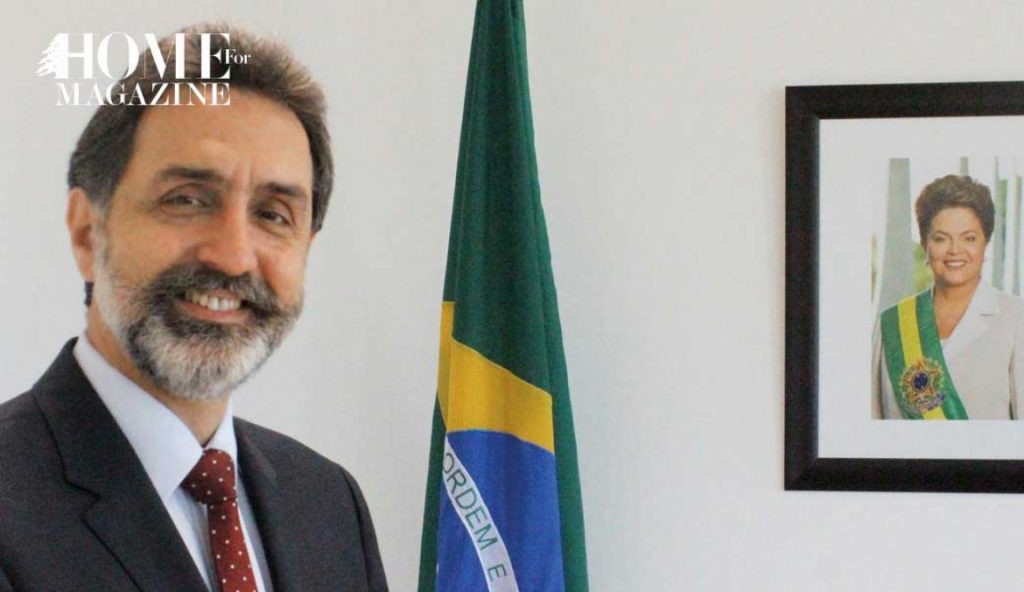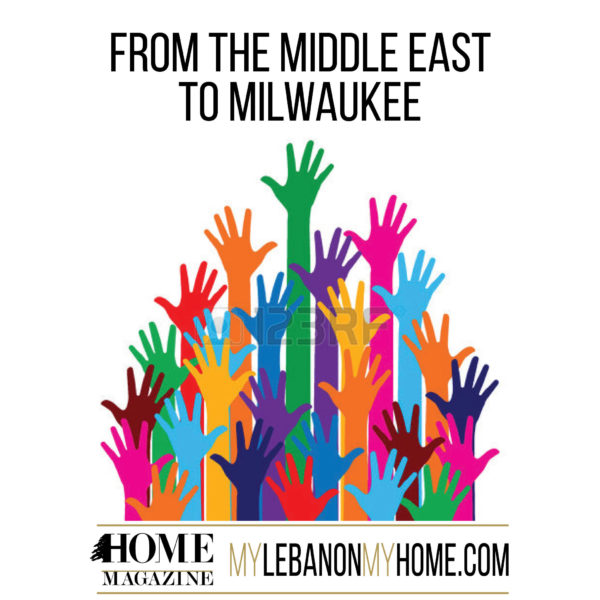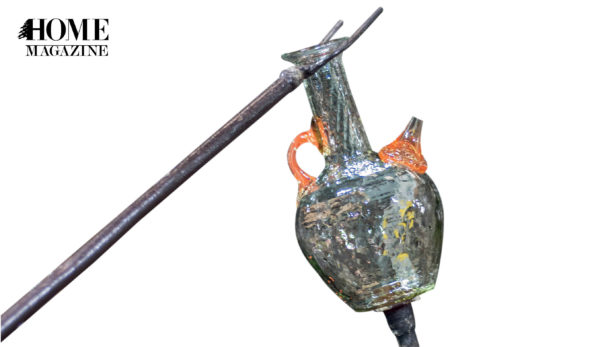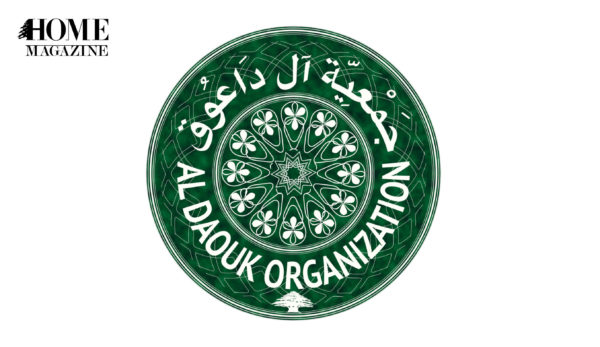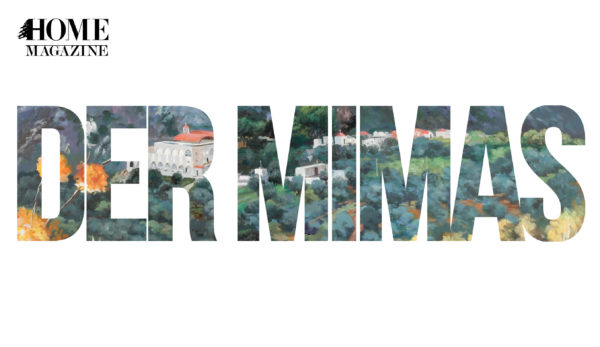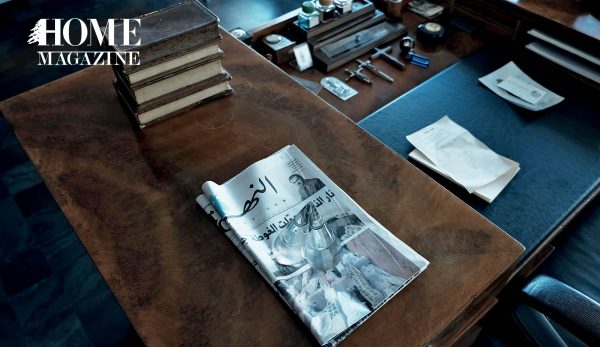The new Brazilian Ambassador to Lebanon Jorge Geraldo Kadri says he is happy with his mission in Lebanon, land of his ancestors.
He talks about his current and future projects at the embassy and welcomes HOME for Summer magazine and Connection Beirut, a publication for the Brazilian community in Lebanon, improving the connection between the 10,000 Brazilians living in lebanon and the 10 million Lebanese living in Brazil.
What are your professional expectations regarding your mission in Lebanon?
The diplomatic and political relations between Brazil and Lebanon are very special, somehow fraternal and familial. One of the main contributing factors is the outstanding performance of the Lebanese Diaspora in Brazil, around 8 to 10 million people who contribute greatly to the economy and participate in the political life of the country. The current vice president of Brazil, Michel Temer, has Lebanese roots, as do 8 percent of the Brazilian parliament. And precisely, we have great hopes that Michel Temer will return to Lebanon for an official visit during this current mandate.
On the other hand, the economic links between the two countries are still developing. Overall trade is currently at a sum of $350 million – around $330 million of Brazilian exportation and $20 million Lebanese exportation – which reveals the bilateral trade growth potential.
In this context, I believe the expansion of trade should be one of my priorities.
There are numerous opportunities for investments in Lebanon and Brazil, in areas such as construction, real estate and agriculture, for example, that would imply in increased trade.
Following this idea, can you kindly specify how Brazil and Lebanon could increase trade between the two countries?
As it is known, by the end of 2014 an agreement was signed between Lebanon and MERCOSUL in order to begin negotiations to reduce trade tariffs between the two countries. The actual negotiations began on May 12, in a meeting held in Beirut. Upon completion of the process, which we hope will be brief and uncomplicated, Lebanon stands to gain greater access to the MERCOSUL regional markets. It will be able, for example, to export olive oil and wine to all five countries of the South American trade bloc with comparative advantages, beginning a new phase in trade between Brazil and Lebanon.
Another important step for the improvement of bilateral trade was the establishment of a business council, which will have a governance structure of 24 businessmen – 12 from each country – from the areas of agriculture, jewelry and tourism, among others.
A first meeting was already held on May 19, 2015, and a second one is scheduled for November in São Paulo.
Another important point that has been discussed and that would contribute to increased tourism would be the feasibility of direct flights by MEA between Lebanese and Brazilian cities, especially São Paulo and Beirut.
I am an optimist and I do believe that all the vectors mentioned above will contribute to enhancing the bilateral trade relationship.
You were the head of the Promotion of the Portuguese Language Division and deputy director of the Cultural Department of the Foreign Ministry. What will be your approach to cultural promotion within your mission?
The cultural area has played a key role in my career during the past 10 years, which is why here in Lebanon – despite facing severe budget constraints – we will seek for innovative ways to finance the promotion of cultural activities.
We are working on the possibility of decentralization of certain services currently offered by the Brazil-Lebanon Cultural Center in Beirut to other regions of Lebanon, such as the Bekaa Valley and Tripoli, in partnership with other institutions. The idea is to offer Portuguese, capoeira and dance classes, among other activities, to those who have difficulties to reach Beirut.
The program Ciências sem Fronteiras – offered by the Brazilian Government through its Agencies CAPES and CNPQ – is another project that I hope will be implemented in Lebanon. The program will provide qualified students with an opportunity to receive their PhD at a Lebanese institution for free.
I intend to soon visit the main Lebanese universities to evaluate their interest on welcoming young Brazilians PhD students in areas such as IT, engineering, medicine, nanotechnology, etc. If there is interest, the first step is the signing of a memorandum of understanding to define the parameters of cooperation between the aforementioned Brazilian and Lebanese institutions. We should always keep in mind there are about 10 million Lebanese descendants in Brazil and many could largely benefit from this comprehensive program that provides scholarships, pays tickets and provides transfer of funds to foreign universities.
Still regarding cultural promotion, at the second Lebanese Diaspora Conference, recently concluded, established a Casa Brasil in Batroun, north of Lebanon, located in a very beautiful area of the city with picturesque vegetation and decorated with stones dating back 1,500 years. A group of Brazilian businessmen will be in charge of funding for the restoration of the house. The Casa Brasil will serve as place of promotion of Brazilian culture and tourism. The idea is part of an important Lebanese government project called “Square of Immigrants.”
A painting donated by the embassy is the first piece for the diaspora museum. (page 197).

